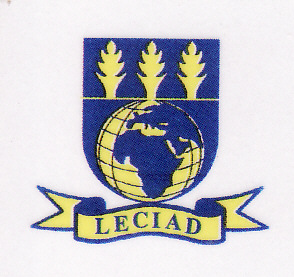This course is designed to provide students with a comprehensive knowledge about the nature and importance of the International Humanitarian Law (IHL). It also builds students’ capacity to understand the processes and applications of the IHL. It defines IHL as the body of public international law that regulates actors’ conduct during armed conflicts. The course explains why IHL is also referred to as Law of Armed Conflict (LOAC), Law of War or as Jus in Bello. It discusses the rationale and the conventional divisions of IHL. Part of the discussion focuses on distinctions between the Law of the Hague, which deals with methods and means of warfare, and the Law of Geneva that is concerned with protection of victims of war. The analysis pays attention to important frameworks for explaining IHL such as peacekeeping, conflict resolutions, human rights and humanitarian affairs with institutions. The course further focuses on theoretical and practical challenges with the application of IHL treaties to regulate armed conflict between states (international armed conflicts). It discusses trends in IHL in the 21st century where warfare has been directed toward internal armed conflicts that have involved the armed forces of numerous states. It examines how the applications of technologies in warfare contravene the tenets of the Geneva Conventions and the Additional Protocols. While it adopts a blend of lecturer-led and guest-lecturer approach it employs technological tools such as power-point presentations, also encourages students’ active participation through group work presentations. At the end of this course, it is expected that students would have understood the nature, dynamics and application of international law during wars and conflicts.



